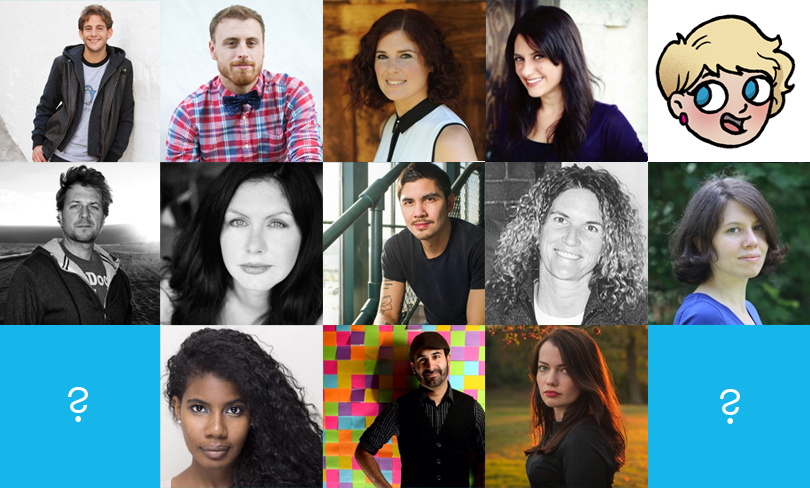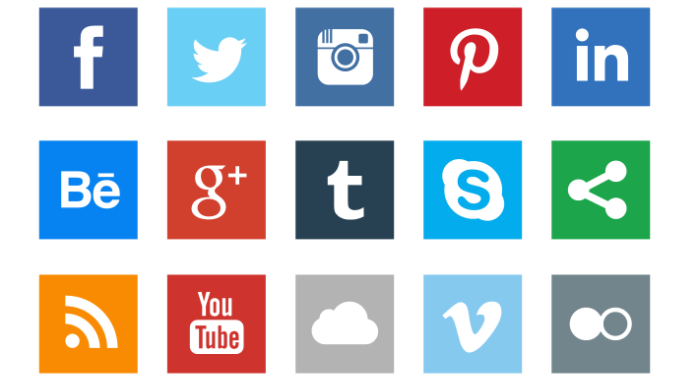
I'm not even sure what some of these are.
A few weeks ago, I was right outside Nashville for the Tennessee Writing Workshop, meeting with authors, agents, and editors from all over the place.
I love these kind of events. It's a great opportunity to talk to writers about the industry, meet people in the industry, and just have a lovely time talking about what everyone there absolutely loves. Making books happen.
It's also a chance to hear wrong things being said.
One talk that always comes up at these kind of events... is the ever popular "platform" discussion. I talked a bit about that in this post a few months ago, discussing how it's important to build a platform for YOU, and not just for an individual title, and how the discussion of platform often gets confused there.
A few authors asked me about getting their social media following up in order to improve their platform, and were surprised when I told them that wasn't the answer. This is another way the concept of platform gets confused. People thinking that platform means social media.
It doesn't. Though, it is a nice part of it.
I can absolutely see how this happens. You see people that have those visible online numbers, whether they are behind-the-scenes industry folks or authors with a big following, and it seems like maybe that's the answer. Or, maybe you're getting bad advice, from people who think platform is just social media, and likely have some kind of #social #media #influencer hashtag nonsense in their profile and follow an insane number of people.
"I'm a social media expert! Look at these 47,425 people I follow and #engage with! #influencer #brands!"
Get the hell out of here.
If that's the case, please delete that from your brain and maybe those people from your timeline. If you hear platform and think, "okay, I need to tweet, get followers, and figure out how to get a blue checkmark" I'm here to help you stop doing that.
It's super important to think about platform outside of just how many Twitter followers you potentially have, how big your Facebook fan page is, or what your Instagram engagement looks like. Especially as these free services quickly become more pay-for-play and frequently shift their algorithms.
"So wait, WTF is platform if it isn't my social media following?!"
Platform is about how many people you can potentially get your work out in front of, not how many people can potentially read your tweets. It's about how big your potential audience is and how easy it is for you to reach them, not how big your Twitter following might be.
I'm stressing potential because remember, there are no guarantees in this game. 100% of your audience is never going to buy your book. Let's just get that out there now.
Platform is about building that little bio in your potential future book, in the jacketflap copy, that says stuff like "[Author Name] has written for [Publication], [Publication], [Publication], and regularly appears on [Media Outlet] and [Podcast]."
It's about what you're doing off of social media. For those of you who think platform takes away from your writing... you couldn't be more wrong. Here are some ways to increase your platform, that have nothing to do with your social media following, and have everything to do with writing.

Takes work, it's not that easy. Image via Hover.
1. Blogging For Yourself (But Also For Others)
One of the many ways you can build your platform outside of using social media, is to focus on blogging and creating a home base for those blogs. I ramble a bit about that here, but to summarize? Create a website where you aren't just showcasing your work, but discussing the work of others. Yes, you can dish out advice (I'm doing that now!) and talk about your writing process (many authors do!), but the way to build traffic and a following? Talk. About. Others.
Absolutely perfect examples of this can be seen via Dahlia Adler, Ava Jae, and Chuck Wendig, who frequently use their personal sites to uplift others, and not just talk about their own books. This helps you develop an audience, which in turn, helps you develop a platform. There's a reason you'll see cover reveals on Dahlia's blog or guest posts on Wendig's site. Because they've developed a platform and an audience for more than their own writing.
And when it is time to promote their books, that audience is there, happy to about what they're working on.
2. Blogging For Others (But Also Yourself)
So you have your website going, it's doing well, but you want to extend your reach. One misconception when it comes to platform, specifically when it comes to people assuming platform is social media, is that you have to own your platform.
You don't. In fact, some of the best examples of platform are outlets that aren't owned by the writer.
Think about it. Do actors and musicians own the stages they perform on? Okay sure, a few probably do. But not all of them. And hundreds of thousands of people pass through these places week after week. Think of yourself as the musician, and other media outlets as your potential stage. You don't own the place, but your voice is welcome, and has the potential to reach a much larger audience.
Me? I write for Book Riot, Barnes & Noble's YA blog, Paste Magazine, and hell, anywhere else that will have me. That there, is an example of platform building. These are outlets that could potentially cover what I'm writing outside my blogging life, with a staff of writers who might consider it. There's obviously no guarantee there, but it's a possibility. Remember, platform is about potential. 100% of your audience is never going to buy your book.
Some more examples:
Michele Filgate: One of my favorite book people on the Internet, Michele writes for dozens of places. LitHub, BuzzFeed, The Millions, Salon. Check out her list of places here. And let me tell you. I will be one of the very first in line at my local bookstore when she has a book on the shelves. I don't even need to know what it's about.
Morgan Jerkins: A fellow Book Riot contributor, Morgan can be found on Catapult (along with Michele), BuzzFeed, LitHub, The Guardian, Electric Literature... the list goes on. She has a book hitting with Harper next year, and I can't wait.
Fran Wilde: Fantasy author extraordinaire, just had a huge piece in The Washington Post. You can catch her writing for GeekMom, Tor.com, i09, and tons of other places that are hugely on brand (frand?) for her, in addition to all her short stories (which would fall into the fourth thing I'll mention below) that get published everywhere.
Michael Waters: I'm waiting for this kid to become a bestselling author in the next few years. You can catch Michael writing for B&N Teens, The Guardian, MTV, The Establishment... the list goes on. He's 18. Future rockstar, keep an eye on him please.
You can also spot a few of my clients blogging in other places, like Mike Chen (The Mary Sue) and Diana Urban (BookBub).

Just don't drop it after. Or maybe do. Depends how well it goes. Photo via LinkedIn.
3. Speaking Engagements
What are you an expert in? Are you writing non-fiction? Take every opportunity you can to get yourself in front of people. See if you can rope yourself into a TedX talk. Nerd Nites, Creative Mornings events... opportunities like these, which often come with a video of your talk, will elevate your platform. Because hey, maybe you can come back. Maybe they'll dish out copies of your book at the next event.
One of my authors, Lindsey Smith, tours the country talking to people about health and wellness. When she presented that, and the incredible numbers in her audiences, I signed her immediately. It's an audience that wants her work, and will be there when something new comes out.
One of my friends from back home, Marisa McClellan, is another great example of platform done, particularly with speaking engagements. She does a TON of classes and workshops centered around her blog and popular canning books.
4. Publishing (But Not Blogs or Books)
"But that's what I'm trying to do!" You scream at me from across the Internet. I'm not talking about your book. "But I'm already blogging!" Nope. Not talking about your blogging either. I'm talking about short stories, bits of non-fiction, projects like that.
I get to rep someone as unbelievably prolific as Ilana Masad, and I'm extremely lucky. It feels like every other week, she's got another piece published someplace, or she's winning another honor from someone. I'm frankly intimidated by her, and it's great. She's published in an array of places. Split Lip Magazine, The Butter, Catapult, The New Yorker, Joyland, Marie Claire, Electric Literature, Broadly... from fiction to non-fiction. She works hard to be published often, and in outstanding places. Look at her bibliography here, which will likely update by the time I post this.
Having this fantastic roster of places you've built relationships is absolutely an example of platform.
By writing for outlets like this, getting published regularly, you have yet another place to potentially push your book when that time comes. Maybe they'll cover your book when it gets released. Maybe they'll give you an interview or a review. Potential, potential, potential. It's there.
Some more great examples:
Celeste Ng: Author of one of my favorite literary novels in forever, Celeste has short stories and non-fiction essays published in Gulf Coast, One Story, The New York Times, and more. Check out her bibliography on her website, and PLEASE go buy Everything I Never Told You immediately.
Robin Black: My former graduate school professor and mentor, before her two amazing books hit she had short stories published in The New York Times Magazine, The Chicago Tribune, The Southern Review, One Story, and other places. You can check out her list here.
Emily St. John Mandell: She wrote Station Eleven. Need I say more? You can see some of her amazing pieces in The New Republic and over on The Millions, where she's a staff writer.
---
And there you go. I've prattled enough. I'll probably add to the "examples" list, and if you've got a few, add them in the comments!
TL;DR? Build your platform off of social media, by building yourself a website, blogging for yourself (but focusing on others), and working on other writing projects. It's about more than Twitter, you guys.













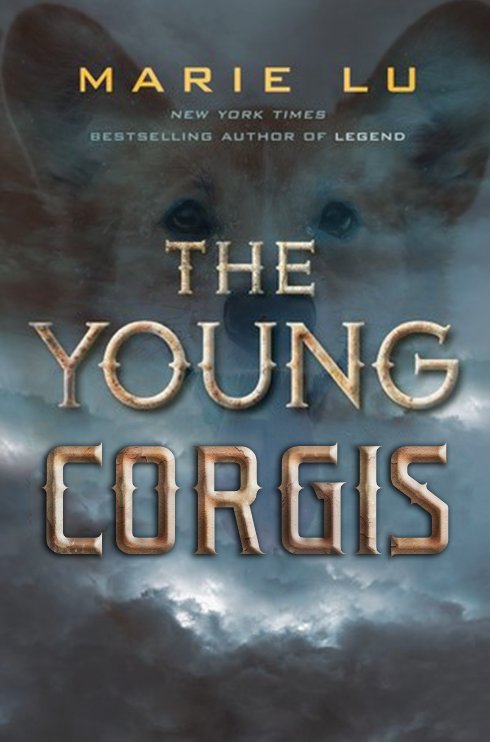
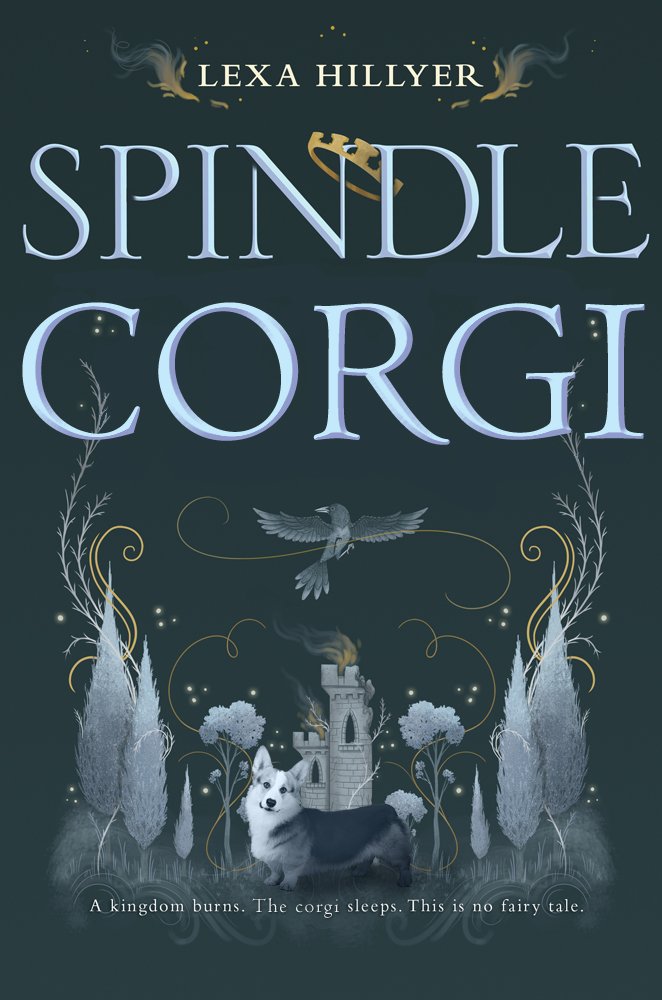








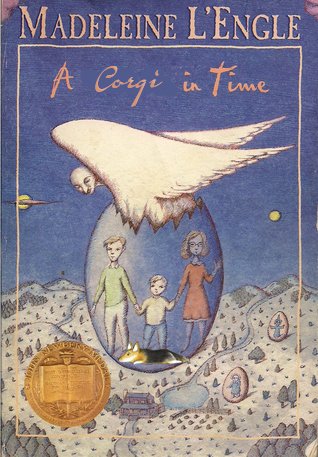






























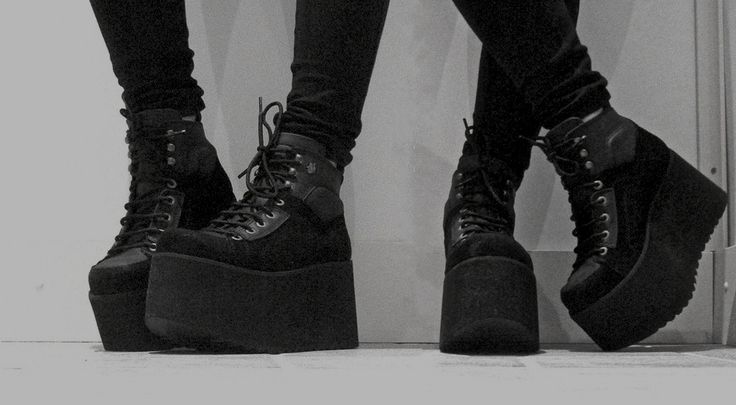
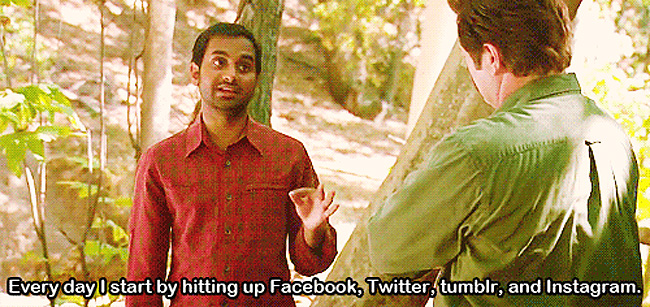 This semester, I had a great time teaching my first graduate-level publishing class at Rosemont College. It was a real thrill, spending so much time with students eager to get into the industry, and exploring different ways to venture in. Some were aspiring editors, others wanted to get into publicity. The class? A marketing course.
This semester, I had a great time teaching my first graduate-level publishing class at Rosemont College. It was a real thrill, spending so much time with students eager to get into the industry, and exploring different ways to venture in. Some were aspiring editors, others wanted to get into publicity. The class? A marketing course.


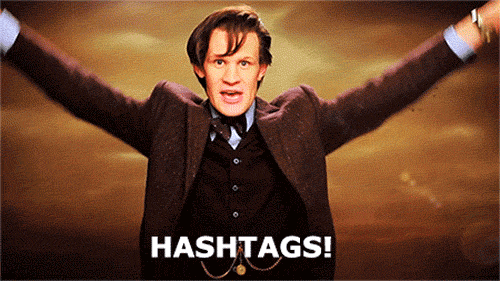
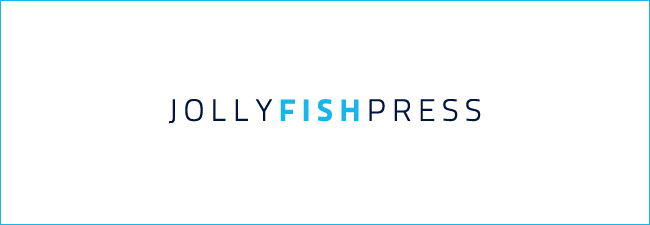 Growing up, I could never find stories about adopted kids.
Growing up, I could never find stories about adopted kids.